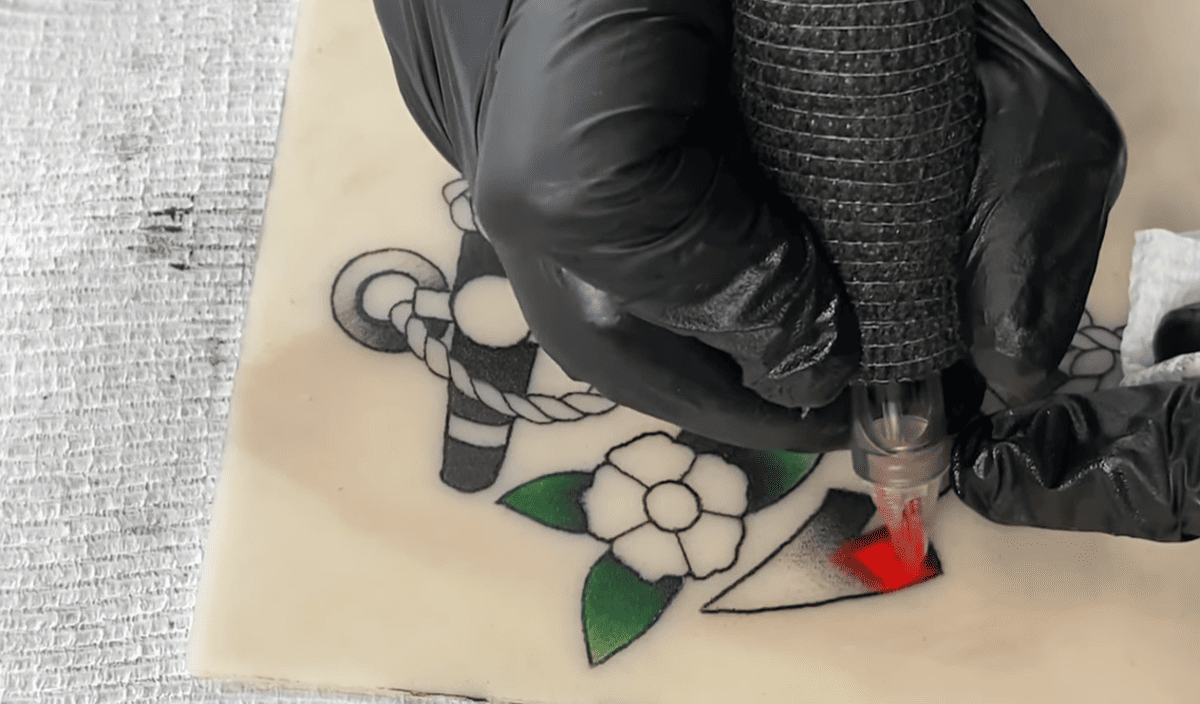Every year, over 50,000 students take a shot at medical school to begin their medical careers. You could very well join these ambitious ranks in the next few years. But it’s important to know that it’s not an easy path.
Studies published in 2023 show that the average acceptance rates among first-time applicants across the US between 2017 and 2020 stood at 45.3%. However, the top 16 medical schools in the US have consistently accepted between 1.2% to 3.4% of applicants every year.
These odds are pretty low; that’s why you should be more than prepared for a medical career before applying to med school. This guide is going to show you how.
Table of Contents
Explore the Medical Field
The medical field is a wide arena; there are so many options for you to explore, such as:
- Nurses: Nurses provide hands-on care, administer medication, and educate patients. You could be an ER nurse assisting in the emergency room or a pediatric nurse bringing smiles to children’s faces.
- Physician Assistants (PAs): They work alongside doctors. They perform examinations, diagnose illnesses, and prescribe medications.
- Medical Laboratory Scientists: These scientists work in labs analyzing blood samples, tissues, and other fluids to diagnose diseases and monitor patient health.
- Emergency Medical Technicians (EMTs): As the first responders on the scene, EMTs provide critical care in ambulances and emergencies. It’s a job that demands quick thinking and a cool head under pressure.
This is just a taste of the possibilities. So, research different medical careers online or talk to your school counselor to learn more about specific interests, such as becoming an oral surgeon or exploring other specialized fields.
For even more resources targeted to whichever field you desire, visit medicalaid.org or any other site with such information and explore. This way, you’ll get a better bird’s eye view of the medical side of things so you can better prepare.
Volunteer and Shadow

Ever wondered what a workday looks like for a doctor or a nurse? Volunteering at hospitals, clinics, or even senior centers is a fantastic way to gain first-hand experience; you can help patients, organize medical records, or assist with administrative tasks.
Shadowing takes it a step further. You can shadow a healthcare professional for a day; you get to observe as they interact with patients, diagnose illnesses, and perform procedures. This can give you a realistic glimpse into their work and help you decide if a specific career path is a good fit.
Join Summer Programs
Summer is the perfect time to explore your medical interests further. So, consider looking for medical-focused summer programs or internships offered by hospitals, universities, or research institutions. These can range from a few weeks to a few months.
During these programs, you’ll meet doctors, nurses, or other healthcare professionals in a clinical setting. You’ll also get to observe patient interactions and learn about different procedures, giving you a deeper understanding of daily operations in a medical environment.
Build a Strong Foundation
A successful medical career starts with a solid academic base and good study habits. You’ve got to focus on the core subjects: biology, chemistry, math, and physics. These sciences go a long way in a medical career, from helping you make sense of the human body to understanding the composition of drugs and treatments.
Apart from these subjects, you’ve also got to sharpen your all-round skills. For example, focus on improving your communication skills, which can come in handy when it comes to building patient trust and effectively conveying medical information.
You’ll also need to flex your critical thinking muscle. In the medical field, you’ll come across some pretty unique situations and need to analyze information, weigh options, and make sound decisions. So, honing your critical thinking skills through challenging courses like history or debate will be beneficial in these cases.
Build Good Habits
Here are some habits to develop now; they can serve you well on your journey:
Time Management
Learn effective time management techniques like creating study schedules, prioritizing tasks, and avoiding distractions. This will help you handle the demanding workload in college and beyond.
Organizational Skills
Develop systems for keeping track of assignments, notes, and deadlines. These include both physical organization and digital tools like calendars and planners.
Perseverance
The road to a medical career isn’t for the faint of heart; there will be tough courses, long hours of studying, and moments of self-doubt. That said, persistence is necessary in order to thrive. Also, stay motivated by your passion for medicine and celebrate your achievements along the way.
Final Thoughts
Getting into medical school is a demanding journey, but with the right preparation and dedication, your dream can become a reality. This guide has provided you with valuable tips to help you excel in the application process. Where you feel out of depth, reach out to your teachers, career guides, and even doctors in the field and have them share their insights. This could go a long way.









